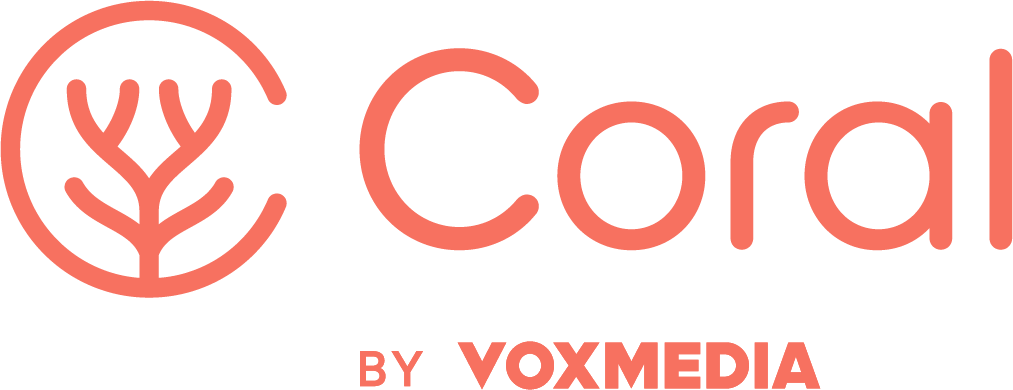By Sam Ford
Many journalists say they always keep the audience front and center in their work. After all, they get regular analytics about traffic and social media engagement. But it’s easy to forget that numbers can’t tell you what people actually think.
Here are three quick ways to better understand what your audience might be thinking:
1. Who Are the Audiences?
As you start on a new story, spend 10 minutes or fewer brainstorming 4-5 communities/sub-communities of people you expect will care about your work. As you develop the story, interview sources, edit your piece… think about how the story might circulate among these communities. How will they see it, how might they frame it? If you don’t have a clear sense of this, go out and make the connections that will give you the answers.
2. Play Devil’s Advocate
For any news project you’re working on, think about communities who might be highly critical of your story. Spend 5-10 minutes reading/watching/listening from their perspective. Do you see any legitimate points of critique that you could address before publication? If not, who can you reach out to, to hear that critique first?
3. Put Yourself in Their Shoes
When I worked at Fusion, we partnered with the University of Southern California’s Civic Paths team – a group of graduate students studying contemporary youth activism. Twice a year, the Civic Paths group went through an audience experience process for us, spending weeks analyzing Fusion content and giving feedback about how our coverage would resonate with the communities in which they worked.
The group explored how our stories could connect with those communities who were actually invested in the topics we covered -– rather than a generic audience member, with no real stakes in the story, who might click because of a good headline and move on soon afterwards. The reports this external team produced were circulated across various editorial, product, audience development, research, and social impact teams, and helped improve our work.
tl;dr: take the time, and do the work to consider the perspectives of those most impacted by the topics of your stories. Your work, and your life, will be immeasurably improved as a result.
Sam Ford is a consultant, research affiliate with MIT Comparative Media Studies/Writing, and instructor in the Western Kentucky University Popular Culture Studies Program. He was formerly VP of Innovation and Engagement at Fusion. You can find him on Twitter @Sam_Ford and learn more about his work on his website.
Image from WOCInTechChat, CC-BY 4.0


![[IMAGE] Three women of color sat next to each other at a table in a meeting room, engaged in conversation. The camera is positioned high above them, looking down](https://guides.coralproject.net/wp-content/uploads/2017/07/25392645493_d4c2c2df3b_b.jpg?w=1024&h=500&crop=1)